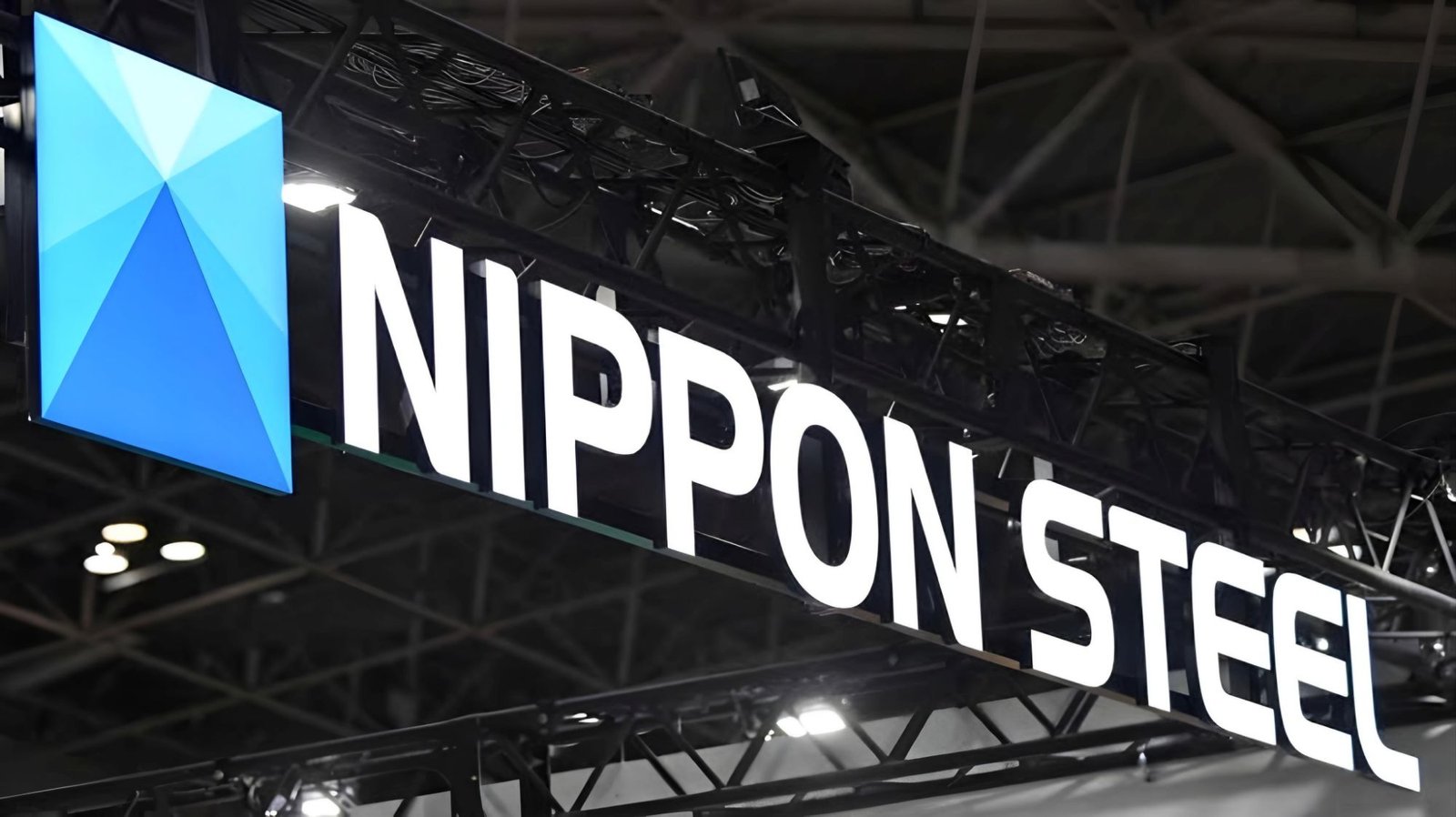
Under 100 Words: A Compact Summary
Nippon Steel’s $15 billion bid to acquire U.S. Steel faces opposition from President Biden over national security concerns. Despite reassurances from Nippon Steel’s leadership, criticisms from lawmakers and unions persist. The company vows to maintain jobs and relocate its U.S. headquarters to Pittsburgh, signaling commitment to the American market amid regulatory hurdles.
Nippon Steel’s Ambitious Move: A Closer Look at the Proposed Acquisition of U.S. Steel
In the ever-evolving landscape of global commerce, strategic acquisitions often mark significant milestones for companies seeking to expand their footprint and influence. Nippon Steel’s bold move to acquire U.S. Steel for approximately $15 billion is one such example, poised to reshape the steel industry landscape. Let’s delve into the intricacies of this proposed acquisition and the various factors surrounding it.
Joe Biden’s Opposition and Its Implications
Amidst the buzz surrounding Nippon Steel’s acquisition of U.S. Steel, the opposition voiced by U.S. President Joe Biden has cast a shadow of uncertainty over the deal. With a keen focus on national security and the imperative of maintaining domestic ownership of critical industries, Biden’s stance has significant implications. The White House’s apprehensions about foreign control over key sectors, particularly steel, raise questions about the deal’s prospects in a U.S. election year.
It remains unclear whether Biden’s administration will utilize regulatory mechanisms to thwart the acquisition, adding to the complexity of the situation.
Nippon Steel’s Perspective
In response to the mounting concerns, Tadashi Imai, the newly appointed president of Nippon Steel, has sought to allay fears and emphasize the potential benefits of the acquisition for U.S. Steel. With an unwavering commitment to fostering growth and stability, Imai envisions Nippon Steel as a pivotal partner in U.S. Steel’s journey toward prominence in the American market. Despite the regulatory and political headwinds, Imai remains resolute in his conviction that Nippon Steel can facilitate U.S. Steel’s evolution into an iconic American company.
Management Changes and Strategic Shifts
The leadership shuffle within Nippon Steel, marked by the ascension of Tadashi Imai and the strategic oversight provided by Eiji Hashimoto, underscores the company’s proactive approach to navigating challenges and capitalizing on opportunities. As Hashimoto assumes the role of chief executive, his stewardship of the acquisition process reflects a strategic realignment aimed at ensuring seamless integration and sustained growth.
Criticisms and Concerns
However, Nippon Steel’s ambitious plans have not been without detractors. Lawmakers and labor unions have voiced concerns about potential job losses and the erosion of domestic interests. The United Steelworkers (USW) union, in particular, has expressed apprehension about the deal’s impact on its members and the broader workforce.
Nippon Steel’s Efforts to Address Concerns
In a bid to assuage these concerns, Nippon Steel has made commitments to preserving jobs, honoring existing agreements, and embracing its role as a responsible corporate citizen. The decision to relocate its U.S. headquarters to Pittsburgh, the heart of America’s steel industry, reflects a tangible manifestation of this commitment, underscoring the company’s long-term vision and dedication to the U.S. market.
Conclusion
In conclusion, Nippon Steel’s proposed acquisition of U.S. Steel represents a defining moment for both companies and the broader steel industry. Despite the challenges and uncertainties, the strategic rationale behind the deal underscores the transformative potential it holds. As stakeholders navigate the regulatory hurdles and political dynamics, the outcome will shape the future trajectory of the steel industry and redefine the parameters of global commerce.
FAQs:
1. Will the acquisition impact U.S. Steel’s workforce?
Nippon Steel has pledged to maintain employment levels and honor existing agreements, minimizing the impact on U.S. Steel’s workforce.
2. What are the regulatory hurdles facing the acquisition?
The Biden administration’s focus on national security and domestic ownership of critical industries presents regulatory challenges for the deal.
3. How does Nippon Steel plan to address criticisms from lawmakers and labor unions?
The company is committed to transparency, job preservation, and honoring its obligations to stakeholders, including the United Steelworkers union.
4. What strategic shifts have occurred within Nippon Steel’s leadership?
The appointment of Tadashi Imai as president and Eiji Hashimoto as chief executive reflects a strategic realignment aimed at driving growth and integration.
5. What is the significance of relocating Nippon Steel’s U.S. headquarters to Pittsburgh?
The relocation underscores The company’s commitment to the U.S. market and its desire to be perceived as a company with deep roots in America.
ALSO READ – NTPC’s FY24 Capacity Expansion: Nearly 4GW Added, Total Now 76GW.